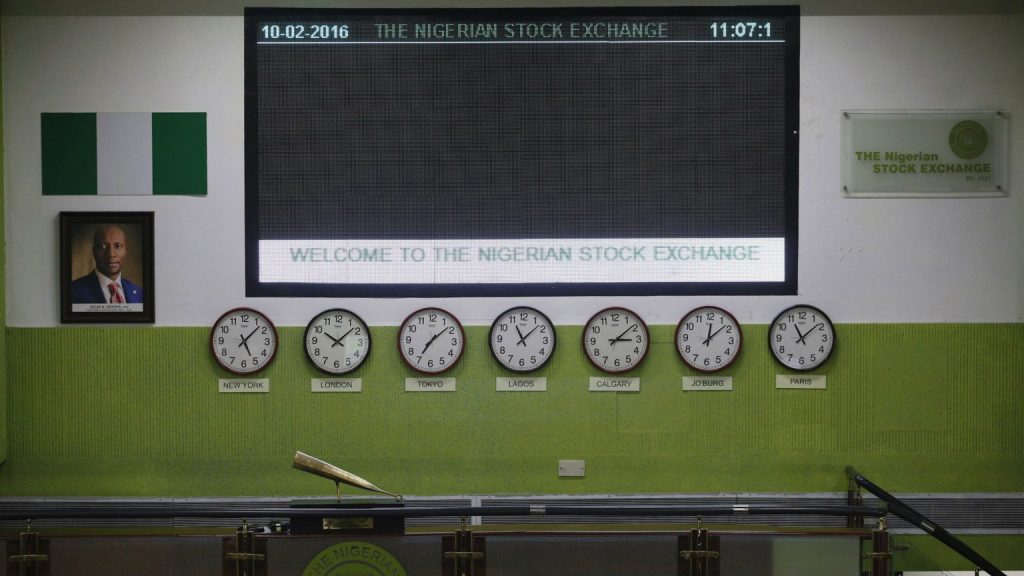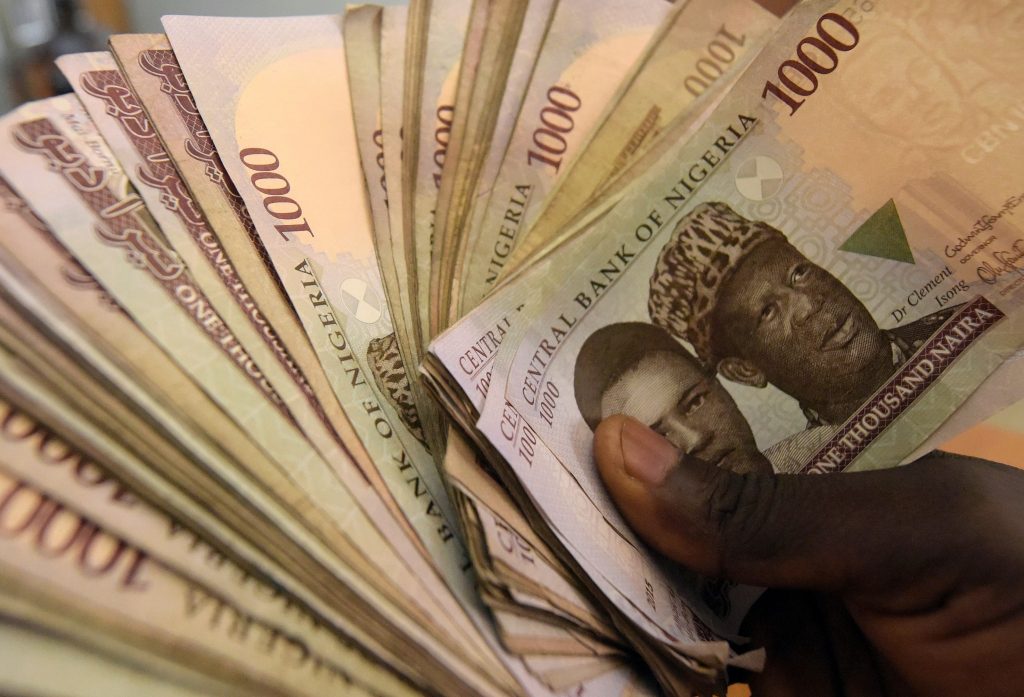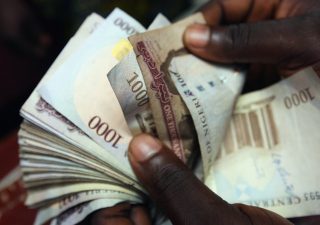Nigeria’s CBN governor, Godwin Emefiele signed two memoranda of understanding approving the loan of N19 billion to restore the cotton and textile sector in the country.
This intervention by the country’s apex bank is an effort to diversify Nigeria’s economy away from dependence on crude oil. The MoU was signed by various bodies under the cotton and textile sector such as: The National Cotton Association of Nigeria and Nigeria Textile Manufacturers Association. More details here.
Below is the Ventures Africa Weekly Economic Index, for the week ending 1st of November 2019. This economic index gives you a glimpse into other recent activities in Nigeria’s economy as well as changes and prices that could affect the economy:
Nigerian Stock Exchange

Data released by the Nigerian Stock Exchange (NSE), as of November 1st 2019, showed that the NSE All-Share Index and Market Capitalization both depreciated by 0.21 percent to close the week at 26,293.30 and N12.799 trillion respectively. Similarly, all other indices finished higher with the exception of NSE Main Board, NSE CG etc while the NSE ASeM index closed flat.
Top five price gainers and decliners in the week under review:
Top five price gainers
University Press Plc.
Cornerstone Insurance Plc.
AIICO Insurance Plc.
Red Star Express Plc.
Seplat Petroleum Development Company Plc.
Top five price decliners
Champion Brew Plc.
Afromedia Plc.
Livestock Feeds Plc.
Unity Bank Plc.
Law Union And Rock Ins. Plc.
How did the Naira fare?

The Naira decreased against the dollar at the close of last week. The exchange rate slid to 361 Naira per dollar on the 1st of November 2019, higher than 362 recorded a week before.
How did the price of oil fare?
Brent oil prices closed out the week on the 1st of November 2019 at $60.36 per barrel, a decrease from the $62.90 recorded a week earlier.
By Treasure Nnabugwu








